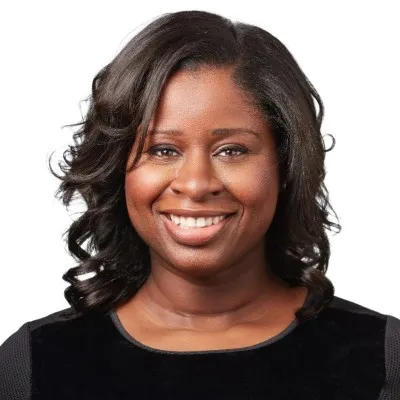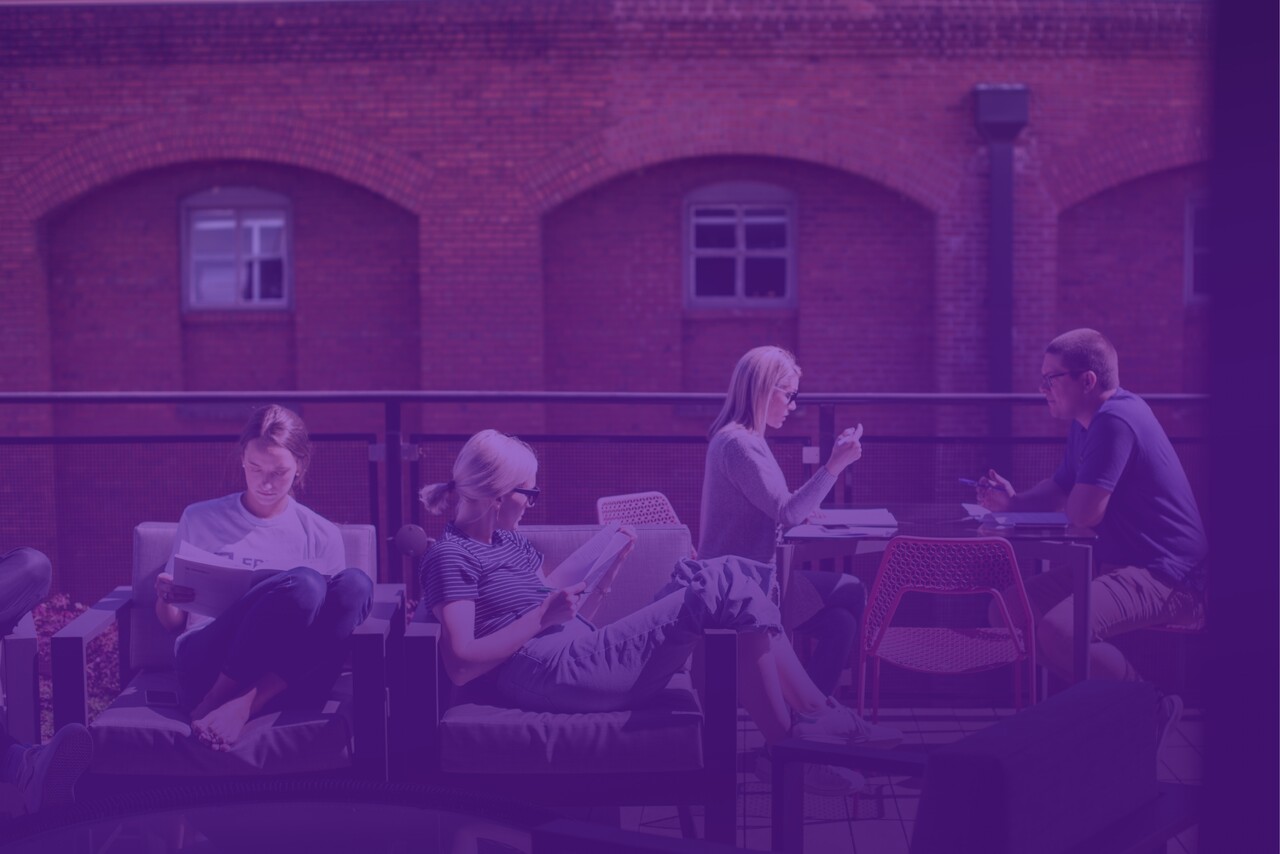Building a Brand for Today's Customers


While it might be conventional wisdom to think of company values as carved in stone, Michael Katz, CEO and Co-Founder at mParticle, thinks that company values have to evolve as a company scales.
mParticle is an example of Michael’s ideas in action. It has helped brands to holistically manage customer data along the entire product and customer lifecycle, whilst at the same time the ways that customers engage with the brand — and are tracked while doing so — have evolved due to changes in technology and consumer behavior. mParticle offers a platform to help its clients deliver great customer experiences and accelerate growth.
Michael recently stopped by The BragWorthy Culture Podcast and we took the opportunity to hear his perspectives on brand building, not just for his clients, but for mParticle itself.
Brand Building Today
Michael started the conversation by looking at how brands were built in the past. A product was created, often without polling or asking consumers, and then a giant media blitz announced its rollout. By contrast, brands these days are built on the quality of the customer experience. These experiences need to be:
- Relevant — the right consumers are being matched with a brand. Not just current customers but the right kind of future ones.
- Personalized — consumers will feel that the brand has more details about them and are making an offer based on those details.
- Adaptive — knowing that consumers (and their tastes) change over time, brands track those changes and change their approach accordingly so that consumers feel that the brands are in touch.
Recent Shift to Privacy
Some years ago, the tools that were delivering relevant and personalized advertising started to get on the radar of more consumers. They realized that the price of this personalization was privacy. While some consumers were happy to leave things as they were, other consumers — and brands — changed things up.
mParticle was prepared. It had foreseen a shift to privacy some years ago, and as such, built the earliest version of its platform with that in mind.
That’s part of what any organization has to be prepared for in the years ahead: changes in laws, technology and consumer behavior. The organizations that adapt will succeed. The ones that don’t will be left behind.
Convincing Early Adopters
It’s one thing to have a vision about how technology will shift and another to create a product to match that vision. But neither will matter unless you can first convince some people to buy that product. Thankfully, companies like SeatGeek, Zappos and Starwood were able to see mParticle’s value to their organizations and came on board early on. That gave Michael the social capital to have conversations with other companies that figured that if that level of company was looking at mParticle and what they had to offer, so should they.
Evolving Past Your Beginnings
Michael is proud of the work his team has put in to grow the company to where it is today but he says that mParticle’s company values are its “current” values. They include:
- Optimize to customer value
- Succeed as a team
- Own it
- Seek the truth (no sacred cows)
- Find your flow
- Place bets
The reason Michael refers to these as “current” values is because they are different from when the company first started and he expects them to change as the company grows. When a company is first growing and trying to find product-market fit (more “ask for forgiveness than ask for permission,” Michael says), it’s going to have a different orientation and energy from a more established company that is trying to scale and grow. It doesn’t mean that the old values weren’t good, but that what got the company this far, won’t get them to the next level.
Michael adds that mParticle’s values are probably shared with any number of tech companies. The difference is in integration: how well are those values integrated into company culture? How are certain behaviors rewarded and others punished? Those actions help reinforce beliefs, and beliefs drive culture.
Going Remote
Michael thinks that one of the times that culture is tested — and reinforced — is during a crisis, and that happened to many organizations in March 2020. mParticle made the decision in February 2020 to go remote, on their value of “place bets.” It felt pretty certain that things were going to go this way as the pandemic developed, so rather than follow a trend, it decided to be one of its leaders.
As restrictions have eased and the market has reverted to a “business as usual” stance, that decision to go remote has been scrutinized. Michael notes that a small number of highly vocal employees were asking to go back to the office. But what happened was that nobody came back.
At that point, Michael realized that there had been a fundamental change, not just at mParticle but probably in the broader working world. This was evidenced by the fact that mParticle itself was hiring remotely, which wouldn’t continue if the plan was to revert back to office-only work.
Today, mParticle has employees in over 30 different US states and has decided to be fully remote. This has led to a process of closing all its US offices, which is going to offer savings in the face of a possible economic downturn.
Recession Shakeup
When we asked Michael about his thoughts about the often-discussed possible recession, his answer was simple: what is coming represents a natural and healthy reset in a market cycle.
He says that given a very cheap cost of capital, money was going everywhere, even to companies that had no business getting that money because they weren’t building services and products that were fundamentally sound. These “pretenders,” as Michael calls them, are going to be found out when a downturn comes. Everyone else needs to be focused on the fundamentals, building real businesses, so that they can survive during a downturn and thrive when an upturn comes.
Check Out the Full Episode
Learn more about Michael and his thoughts on building a brand by listening to our full interview on Apple or Spotify.
Looking to build your own BragWorthy Culture? Fringe can help. Fringe is the number one lifestyle benefits marketplace. Give your people the power of choice and save a ton of administrative headaches by consolidating existing vendors and programs into a simple, automated platform. Talk to our team to get started.


